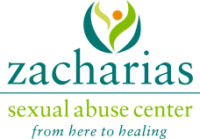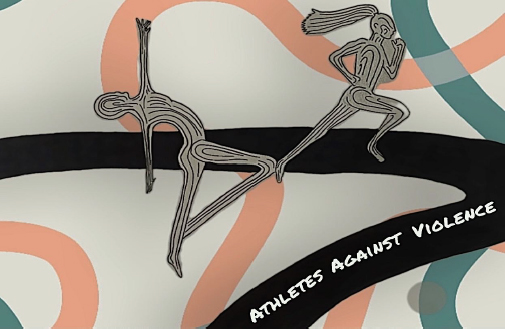What are Boundaries ?
Boundaries are rules people set to define behaviors they will not accept from another person. Sometimes boundaries are minor, like asking a friend not to call in the middle of the night. Other
times, boundaries are a form of protection. Boundaries may be easier to set with friends versus someone in a position of power such as a coach, teacher, or parent. Common types of
boundaries are physical and emotional. Physical boundaries are how a person protects their space and body. This means a person’s right to decline help from a coach that involves physical
contact, the right to physical distance, and the right to privacy. A coach should always ask an athlete permission to spot or demonstrate a skill through physical contact. Physical boundaries
are violated when a coach enters a locker room when an athlete changes/showers, uses exercise as punishment and denies an athlete water breaks. Emotional boundaries teach others
how you expect to be treated and are used to protect emotional well-being. Unfortunately, It is not uncommon for coaches to use degrading language when speaking to an athlete who is not
performing up to their standards. Athletes should always feel comfortable setting boundaries with coaches. A coach who disrespects and crosses an athlete’s boundaries should be reported.
Information on how to report a coach is provided at the end of this page.
Sexual Violence Statsitics in Sports
A study that drew 4,000 athletes of all different sports regarding sexual violence, found 93% of individuals who had experienced sexual harrasment or unwanted sexual misconduct did not
make a report or complaint. 80% of athletes indicated experiencing at least one of the eighteen indicators of psychological harm or neglect (SafeSport, 2020). When there is an unhealthy
coach/ athlete power imbalance, coaches may use psychological harm in an attempt to silence athletes. Psychological harm is emotional abuse that includes but is not limited to criticism,
degrading treatment, belittling, isolation and shaming.
Signs of Sexual Abuse in Sports
● Coach uses coercive or seductive behavior
● Coach attempts to physically or emotionally separate athlete
● Coach shares “secrets” in attempt to gain trust of athlete
● Coach gives the athlete gifts
● Coach hugs, wrestles or tickles the athlete
● Coach introduces sexual topics to athlete
● Coach spots athlete without athletes permission
● In sports like gymnastics, coach does not allow athlete to wear shorts over leotard during
practices
● Coaches humiliates and belittles athlete
● Overly interested in an athlete
● Offers special privileges to athlete
Sexually abusive coaches may establish a positive reputation and gain the trust of the victims’ caregivers or family members. By doing this, the coach believes if their athlete makes a disclosure, it will not be taken seriously because of the coach’s positive reputation. This is not to say parents and athletes should not trust all coaches but to look out for the signs if something seems or feels off and to always believe your athlete if they come to you with a disclosure.
How do I make a Report?
Anyone can make a report to local authorities or the U.S. Center for SafeSport, which is authorized by Congress to handle abuse complaints and covers more than ten million athletes
from rec leagues up to the Olympic level. SafeSport has authority over any national sport governing body and local affiliated organization but does not have authority over non-movement
leagues. However, it is okay if you need clarification on whether SafeSport is the proper authority; you can still make the report, and they will advise you properly. If you fall under
SafeSport, you can report to the local authority and then SafeSport by clicking on the link:
https://safesport.i-sight.com/portal. If you do not fall under SafeSport, make the report to the local authority. SafeSport also has a 24/7 hotline at 866-200-0796 that provides crisis
intervention, referrals, and emotional support designed for athletes affected by sexual violence.
Safesport website
https://safesporthelpline.org/
Safesport hotline
866-200-0796
Written by: Hallie Doherty, Intern
September 2023
Ju’Riese, C. (2023, April 18). Climate survey results: U.S. center for SafeSport. SafeSport.
https://uscenterforsafesport.org/survey-results/

